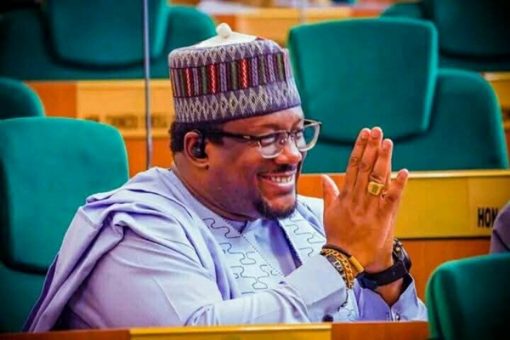As the Central Bank of Nigeria (CBN) begins its two-day Monetary Policy Committee (MPC) meeting, analysts expect the committee to maintain the Monetary Policy Rate (MPR) at 26.25%. This follows key economic developments, including a decline in inflation and modest GDP growth.
The MPC is likely to retain its July decision parameters, with the asymmetric corridor at +500/-100 basis points, Cash Reserve Ratio (CRR) at 45% for deposit banks and 14% for merchant banks, and the Liquidity Ratio at 30%. Analysts also forecast a continued cautious stance in light of emerging risks from the energy sector and flood-related disruptions.
Inflation has slowed for two consecutive months, with August’s headline inflation rate easing to 32.15% from 33.40%, according to the National Bureau of Statistics (NBS). Food inflation also eased slightly to 2.37% month-on-month, aided by lower price increases in commodities and green harvests.
READ ALSO
AGAIN, THE CBN UNDER IMF JACK BOOTS: DEVALUE THE NAIRA, RAISE INTEREST RATES
CBN Warns of Potential Risks to External Reserves Amid Subsidy Removal and Rising Debt
Analysts from Afrinvest and Cordros Securities predict that the MPC will hold its rates steady to allow previous adjustments to fully impact the economy, citing global easing of monetary policies and the resilience of Nigeria’s GDP growth. However, concerns remain about fuel price increases and persistent volatility in the naira.
In August, foreign exchange inflows rebounded, with inflows from local sources increasing by 15.5%, though foreign sources remained subdued. The naira’s volatility continues, driven by high demand pressure and limited supply.
Prof. Anthony Kila, a Commonwealth Institute Director, has advised against further rate hikes, arguing that interest rates have limited impact on Nigeria's economy, where foreign exchange rates play a more significant role. He also urged the CBN to revise its economic metrics to better reflect the harsh realities faced by Nigerians and improve consumer finance structures.




